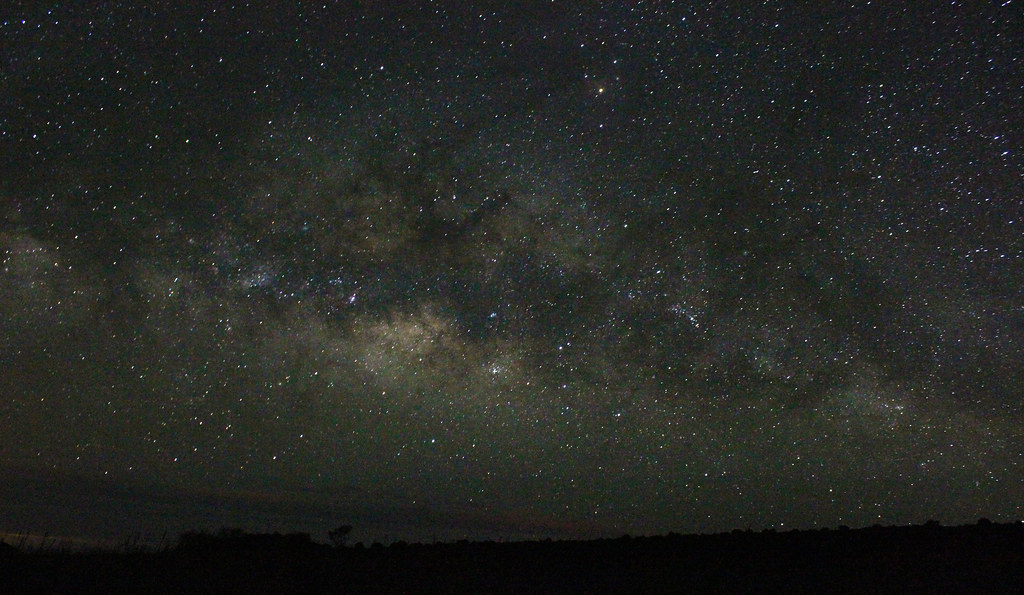http://daily.lenswork.com/2013/12/a-cas ... ixels.html
Reducing Noise
-
Mike Farley
- Posts: 7316
- Joined: Tue 11 Sep 2012, 16:38
- Contact:
Reducing Noise
Like the author of this piece, I too had not previously known of this technique for reducing noise in high ISO shots. I had been aware that noise is less of an issue with prints compared to viewing images on screen as the pixel density is higher in the former, which makes each noise particle smaller and therefore less obvious. Similarly with DPI, the pixel count reduction has a similar effect, even though the image is projected large on screen. Downsizing also works for detail and an important element in one of my DPI images this season is not quite as sharp as it should be. It has now been viewed by quite a few people, including two judges, and no one has spotted it, yet. 
http://daily.lenswork.com/2013/12/a-cas ... ixels.html
http://daily.lenswork.com/2013/12/a-cas ... ixels.html
Re: Reducing Noise
Depending on the subject you can also median stack a number of images too - i.e. if you are taking a still life where nothing will change, or can shoot off a burst of shots without the subject moving, then you can median blend in photoshop and that does a phenomenal job at limiting noise.
e.g. this was ISO 3200 on a 3 year old camera which, unlike the brand new one in the article DOES suffer with noise about ISO 1600. I suspect the inherent noise handling in a brand new model camera would surprise the author, the results from the 6D at full resolution are superb too; no downsampling required!
http://www.flickr.com/photos/cedarsphoto/8951904597/
The bar was EXTREMELY dark (-2ev if memory serves, according to my friend using a film camera on the same evening). However I blended together 3 or 4 images and the results are superb.
I do wonder how big a difference there is between downsampling at capture time and rescaling the image AFTER capture time. It probably helps a bit, but not that much. Take this example -

Milky Way (partial) from Mauna Kea, Hawaii by cedarsphoto, on Flickr
vs

Milky Way (partial) from Mauna Kea, Hawaii by cedarsphoto, on Flickr
Identical shot just rendered at different sizes. The noise is still apparent, even in the smaller one, but the reduced dimensions do help a little.
e.g. this was ISO 3200 on a 3 year old camera which, unlike the brand new one in the article DOES suffer with noise about ISO 1600. I suspect the inherent noise handling in a brand new model camera would surprise the author, the results from the 6D at full resolution are superb too; no downsampling required!
http://www.flickr.com/photos/cedarsphoto/8951904597/
The bar was EXTREMELY dark (-2ev if memory serves, according to my friend using a film camera on the same evening). However I blended together 3 or 4 images and the results are superb.
I do wonder how big a difference there is between downsampling at capture time and rescaling the image AFTER capture time. It probably helps a bit, but not that much. Take this example -

Milky Way (partial) from Mauna Kea, Hawaii by cedarsphoto, on Flickr
vs

Milky Way (partial) from Mauna Kea, Hawaii by cedarsphoto, on Flickr
Identical shot just rendered at different sizes. The noise is still apparent, even in the smaller one, but the reduced dimensions do help a little.
-
Mike Farley
- Posts: 7316
- Joined: Tue 11 Sep 2012, 16:38
- Contact:
Re: Reducing Noise
There's an article on median blending here - I had to look it up as I had not heard of it previously. The bad news is that it uses Smart Objects, so requires the the full fat version of Photoshop, although there is some open source software to do the same thing.
http://petapixel.com/2013/05/29/a-look- ... -blending/
http://petapixel.com/2013/05/29/a-look- ... -blending/
- Paul Heester
- Posts: 622
- Joined: Fri 18 Jan 2013, 13:16
Re: Reducing Noise
On a side note David I saw a comment on your image from Simon Clarkson about dark sky photography at Alice Holt Forest. If you havent been yet and still intend to go in next few months then I would be interested in joining you.
Re: Reducing Noise
Still definitely interested but I'll need to find a list of free dates in January now. Also, might need to be short notice given the clear weather requirements!
Return to “Techniques & Tutorials”
Who is online
Users browsing this forum: No registered users and 31 guests
